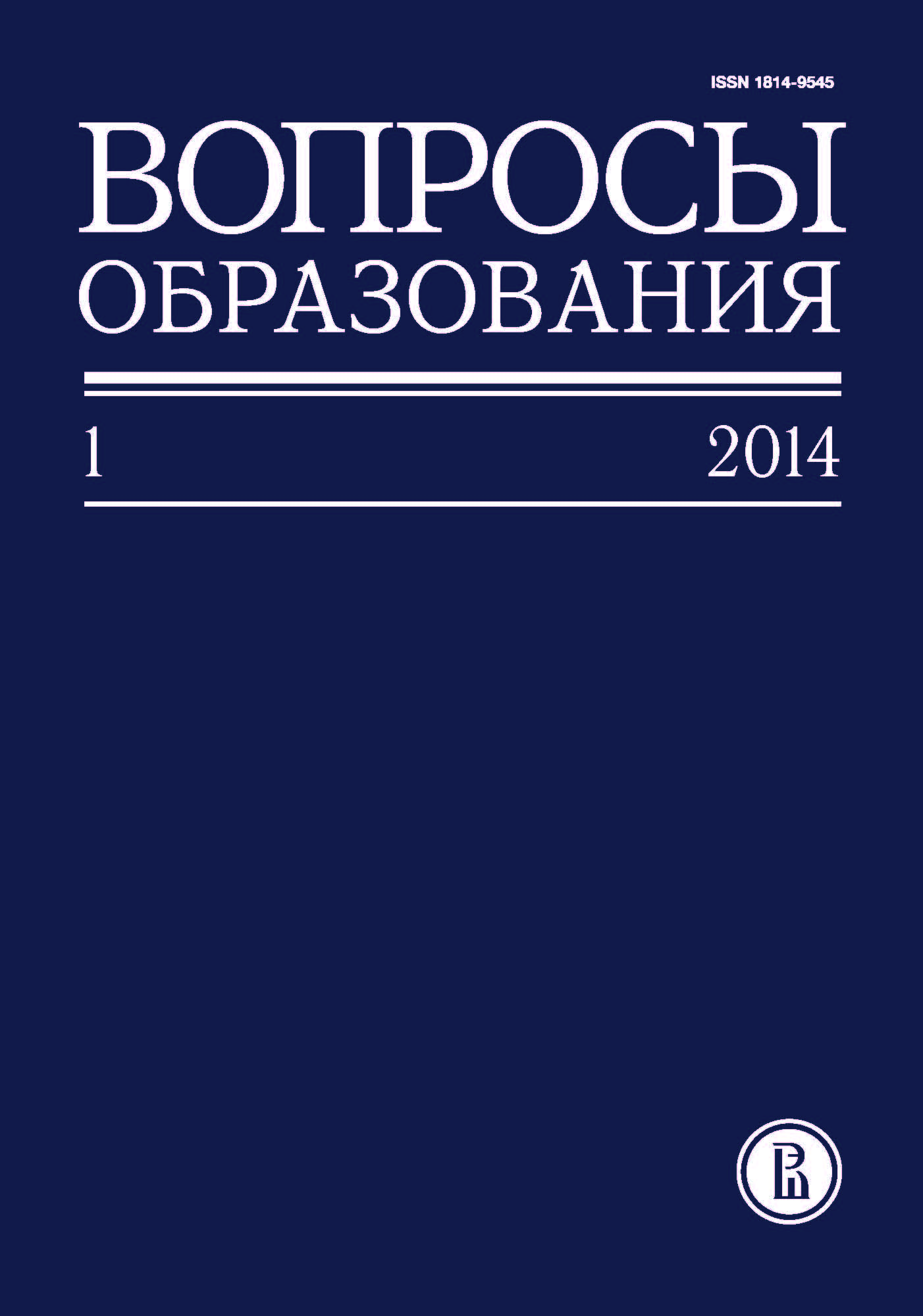Креативное письмо: модель англоязычных стран в российской школе
Аннотация
Анализируя базовые принципы массового обучения письму в Великобритании, Канаде и США, автор предлагает изменить принятую в российской системе образования модель развития письменной речи школьников. Первое направление изменений связано с подбором текстов, реакцией на которые становится сочинение школьника. Важнейшими их свойствами должны быть присутствие конфликта, выражение актуального для ребенка эмоционального состояния и высокая степень авторизованности. Во-вторых, автор считает нужным пересмотреть типы письменных работ, которые учащийся выполняет на уроке и дома. В частности, российским педагогам рекомендуется предложенная Д. Грейвзом методика обучения письменному оформлению содержания, значимого исключительно для ученика заранее не известного учителю. В-третьих, нуждаются в ревизии образцовые модели, включенные в учебники по развитию речи. Обосновывается необходимость перехода от обучения норме к представлению средств, адекватных авторскому замыслу и не ограниченных принадлежностью к литературному языку. Ресурсом, способным поставлять материал для упражнений, может стать Национальный корпус русского языка — электронная база данных, демонстрирующая актуальные тенденции современного письменного дискурса. Реализация данных предложений, по мнению автора, стимулировала бы, среди прочего, объединение разных социальных групп на основе признания значимости культурной традиции.








